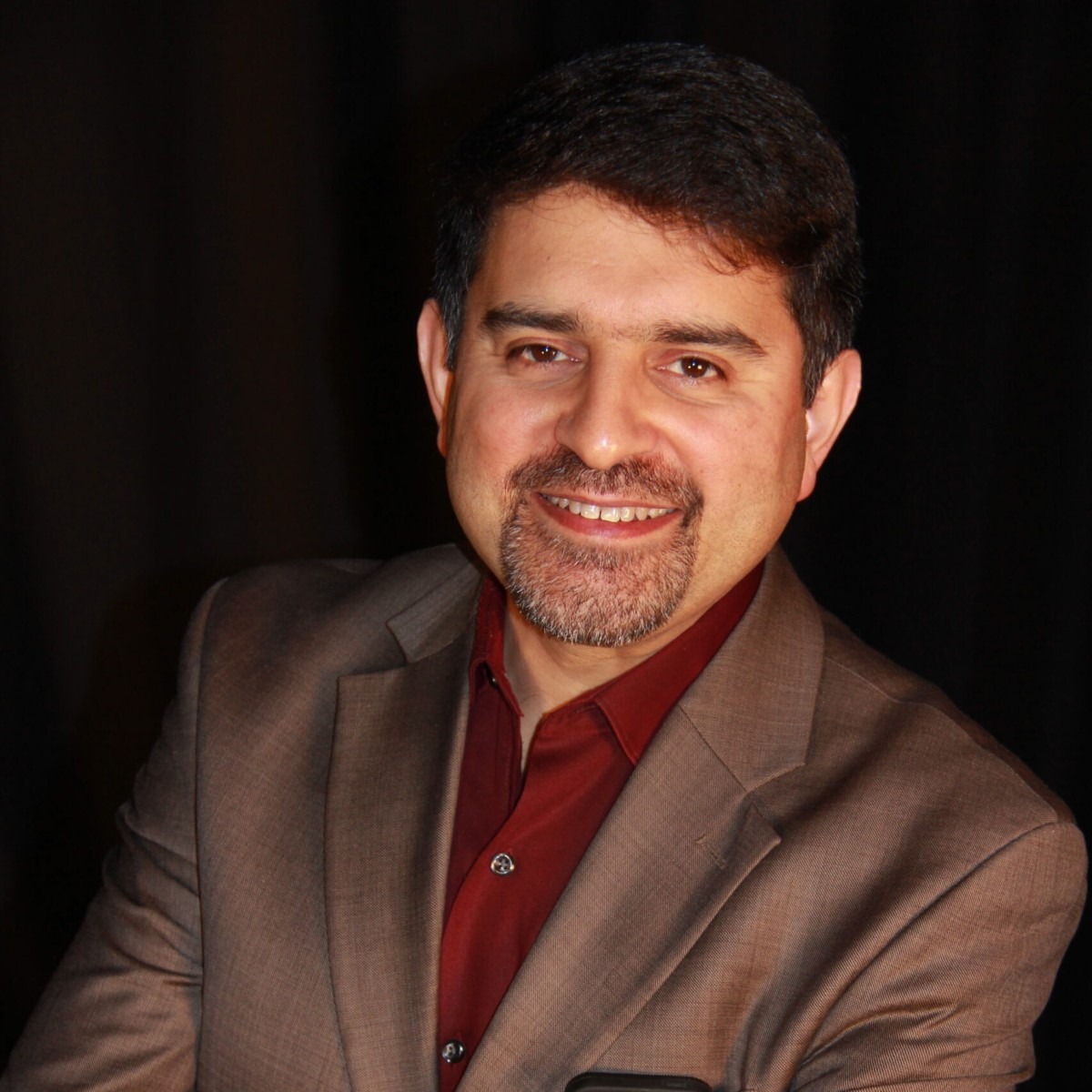Senior Director of the Eurasian Security and Prosperity

Dr. Kamran Bokhari
Senior Director, Eurasian Security and Prosperity, New LinesInstitute | USA-DC
Short Bio:
Dr. Kamran Bokhari is the Senior Director of the Eurasian Security and Prosperity portfolio at the New Lines Institute. He served as Director of the Analytical Development Department from 2019 to 2023. He is also a national Security and Foreign Policy Specialist at the University of Ottawa’s Professional Development Institute. Dr. Bokhari has also served as the Central Asia Studies Course Coordinator at the U.S. State Department’s Foreign Service Institute. He has been a Senior Consultant with the World Bank since 2009. He has 15 years of experience in the private sector intelligence space, where he provided intellectual leadership in publishing cutting-edge geopolitical analysis and forecasts. He is the author of “Political Islam in the Age of Democratization”.
Event : SDGs Conference 2024 | Date: Sept 25, 2024 |
SPEECH
While we need to discuss Sustainable Development Goals, we must do so in the context of reality. We aspire to achieve these goals, but we must consider how we can get from where we are to where we want to be. That requires a geopolitical roadmap. We need to understand the world as it is today, which is difficult due to information overload. Everyone on this planet is suffering from it. I will not speak for anyone else, but I still remember the days when there were fewer sources of information. I remember the daily newspaper, and I had a choice between which paper to read. There was the evening news, the morning news, and maybe something like Time Magazine or a competitor like Newsweek.
That was it. If I wanted more information, I had to glance through encyclopedias or go to libraries. Barnes and Noble was not a thing just yet, and I am only talking about 30 or 35 years ago. Back then, the world was simpler, and there were fewer sources of information. With the advent of the Internet, followed by social media, and now Artificial Intelligence (AI) in real-time, we are witnessing an explosion of information. The amount of available information has reached levels that the human brain was not designed to process. While this is one trend, another trend is the decline in our analytical abilities to analyze what is happening.
You will notice that even the best speakers on TV or elsewhere often conflate what is happening with what has happened and back and forth. There is not a serious attempt to say, “Okay, let’s first figure out what’s happening,” and then chart the course for the future based on where we are today. On top of this, everything has become politicized, including partisan politics. This is true not just in the United States but everywhere in the world. There exists a left-right spectrum, and even if you are not somewhere on that spectrum, you are still part of the conflict occurring at multiple levels in every single country.
As a result, people are not talking to each other. If you pick up TikTok or Twitter, you will see people screaming out there as if they are arguing with their neighbors. No one is listening. This is a huge problem that will not go away easily. This is the challenge of our times. When I was growing up in this very city, my parents worried about whether I would do drugs. That was probably the main concern. Now, I worry about my kids and whether they have the right information. Are they being persuaded by fake news or by ideology disguised as social science? This is a real problem we are not talking about, and there needs to be a bigger conversation.
This is an issue that transcends borders. It is not limited to one area. The political debate in this country, as we get closer to the election, is emblematic of what I am trying to discuss. Everybody has their way of explaining reality, and we are not addressing it. Now, let’s drop down from that meta-narrative problem level to the level of states and their conflicts. The last 30 years have seen different drivers of conflict and factors exacerbating geopolitical conditions. Someone mentioned Francis Fukuyama and The End of History. That was a great time. Life was much simpler. We thought, “Okay, the Soviet Union has imploded, and the world will be one nice democracy where everybody sings Kumbaya.” That did not happen. It was wishful thinking.
The reality is that we have fragmentation at all levels. The nation-state, as an entity that emerged after World War I and World War II, is either failing or has already completely failed in many parts of the world, which is why we have conflict. The idea that there is an international rules-based order, while true and built post-World War II with the United Nations, the World Bank, and the International Monetary Fund, faces multiple problems.
If you look at an arc of crisis extending from the southern tip of the Eurasian supercontinent, as Zbigniew Brzezinski identified, you will see that starting from Southeast Asia, we have Myanmar, where five rebel groups are holding territory and challenging the regime. Moving forward, there are problems in Bangladesh, and while India is a rising geo-economic player and the fifth-largest economy, an impressive demonstration of development, it has its challenges.
But if you keep moving westward, you reach Afghanistan, Iran, and the Middle East, and you complete a full 360 with Russia and China. There are multiple problems, and the institutions that are supposed to address these challenges cannot currently do so. This is why we need out-of-the-box thinking. We are still stuck in old paradigms, and there is a need for fresh thinking that is not constrained by certain disciplinary boundaries and is not confused by the information problem I mentioned earlier.
